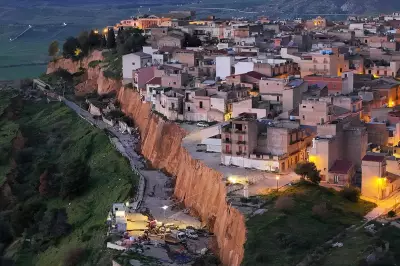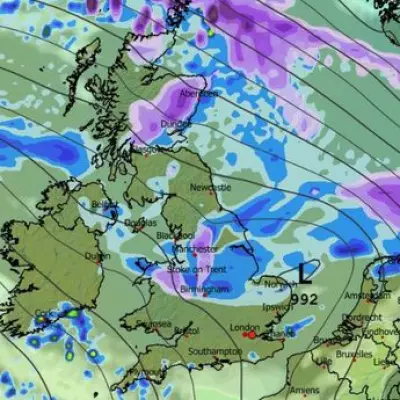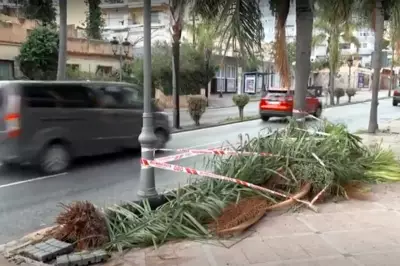
The President of Valencia's regional government, Carlos Mazón, has dramatically resigned from his position following widespread condemnation of his administration's response to devastating floods that have swept through eastern Spain.
The political shockwave comes as communities across the Valencia region struggle to recover from what many are calling the worst flooding disaster in decades. Torrential rains have transformed streets into rivers, destroyed homes and businesses, and left emergency services stretched to their limits.
A Crisis Management Failure
Mazón's resignation follows days of mounting pressure from opposition parties, emergency services, and affected residents who accused his government of being dangerously slow to respond to the escalating crisis. Critics argue that inadequate warning systems and delayed emergency declarations exacerbated the damage and put lives at risk.
The regional leader had faced particular criticism for what many perceived as a detached response to the suffering of thousands of displaced residents. Social media footage showed Mazón making light of the situation in what many considered ill-timed comments, further fuelling public anger.
Regional Government in Turmoil
The resignation throws the Valencia regional government into immediate uncertainty, with questions mounting about who will lead the recovery efforts. The flooding has exposed serious weaknesses in the region's disaster preparedness and emergency response protocols.
Local authorities now face the monumental task of coordinating cleanup operations while simultaneously addressing the urgent needs of those left homeless or without basic services. The economic impact on the agriculturally rich region is expected to run into hundreds of millions of euros.
Climate Change Concerns Amplified
Environmental scientists have been quick to point out that such extreme weather events are becoming increasingly common in the Mediterranean region, with climate change creating conditions for more frequent and intense rainfall.
This disaster has reignited debates about urban planning in flood-prone areas and the adequacy of Spain's national climate adaptation strategies. Many are asking whether sufficient investment has been made in flood defences and early warning systems despite repeated warnings from meteorologists.
As the waters recede, the political fallout continues to ripple through Spanish politics, serving as a stark reminder of the real-world consequences of leadership failures during environmental emergencies.





